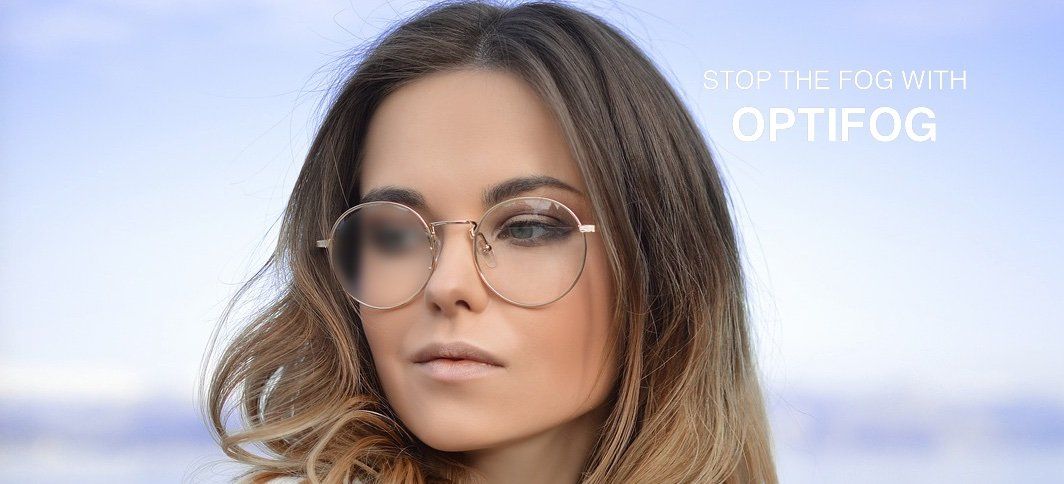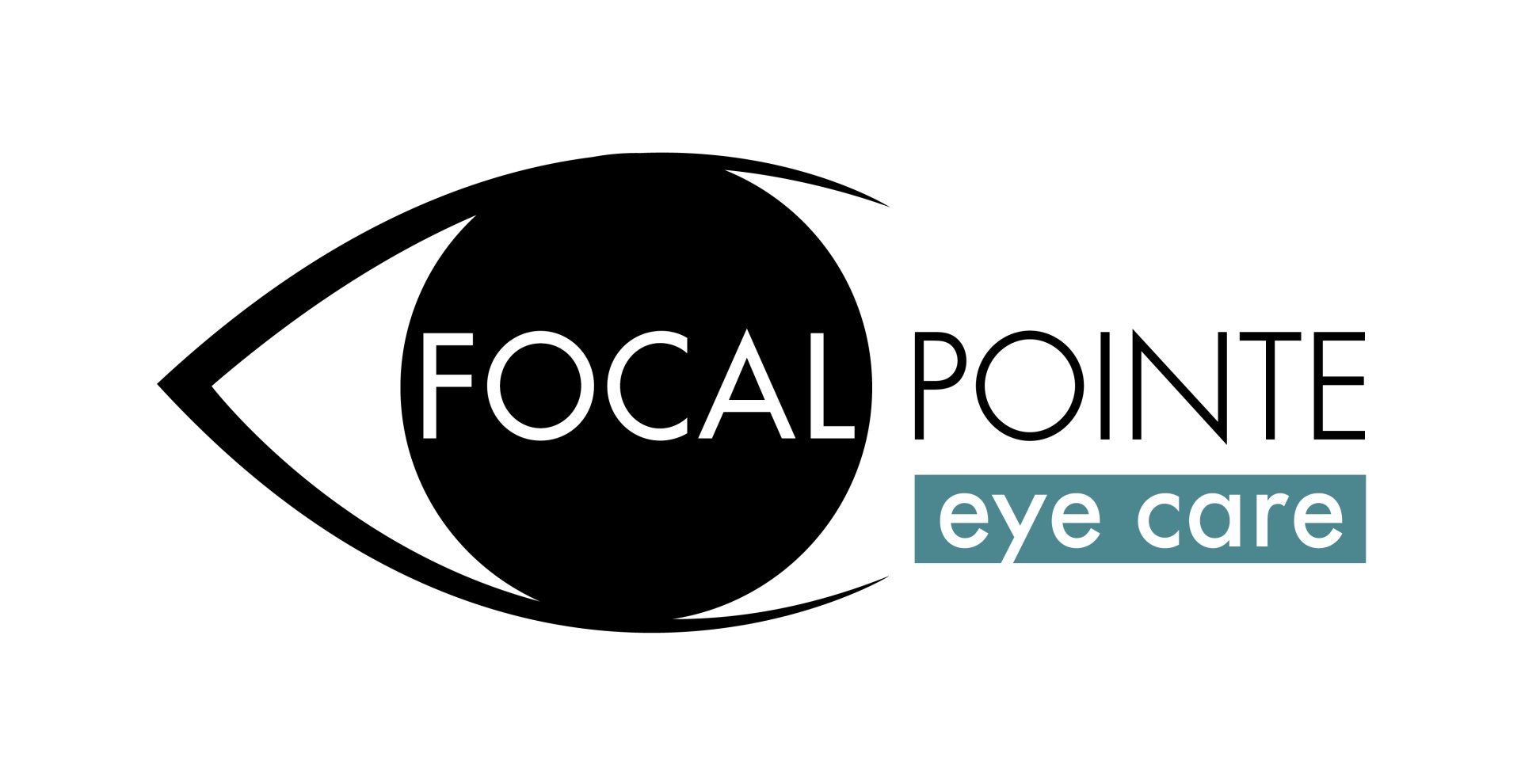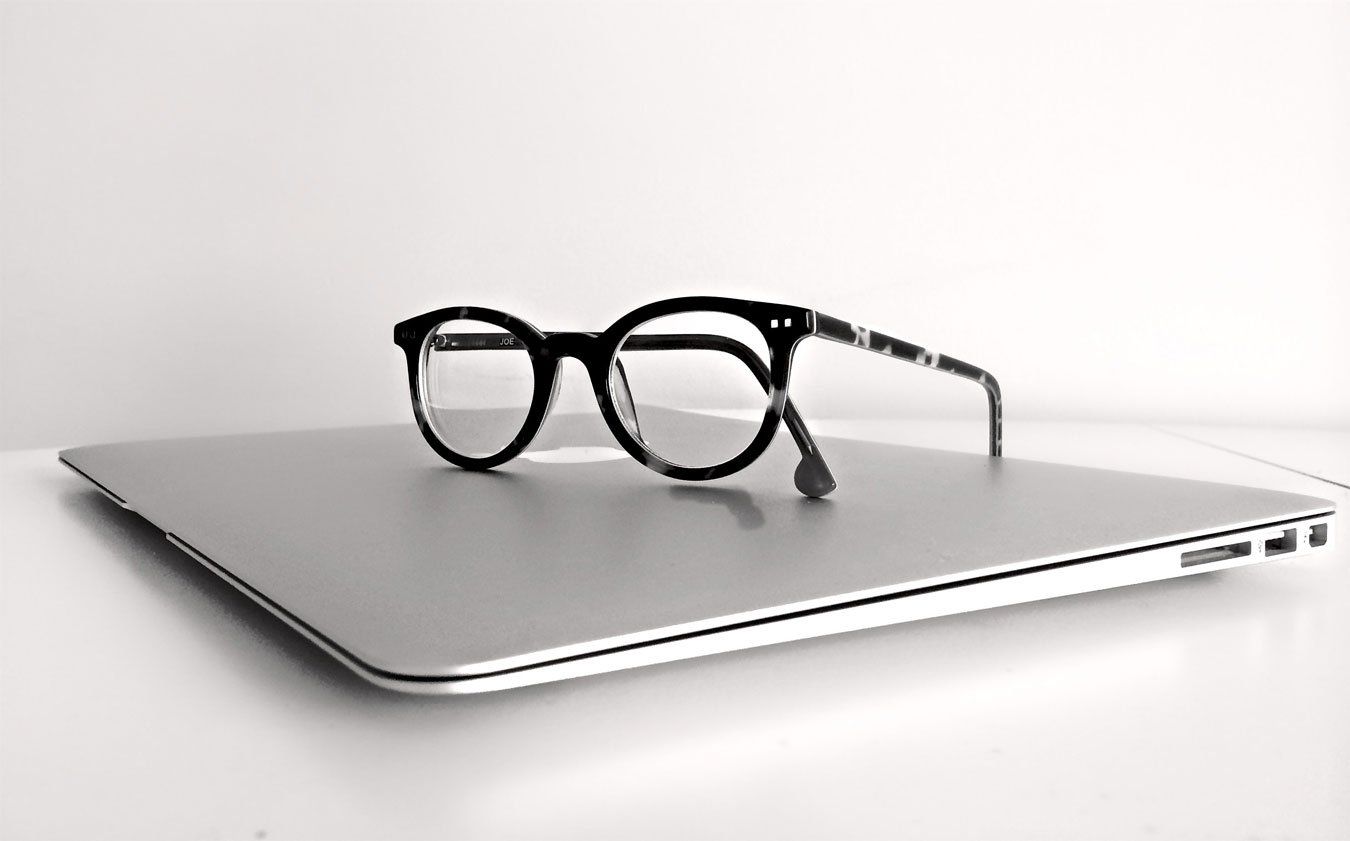Product Spotlight-Optifog
Dr. Michael Lyons

Just three months ago, an article about glasses that don’t fog wouldn’t have crossed my mind. Now we are reminded daily of the importance of wearing a cloth mask to help protect those around us from COVID-19 and the fogging of spectacles has become relevant. The CDC continues to encourage the use of cloth masks to prohibit water droplets that arise from our mouth and nose from spreading to others. Those of us that wear glasses realize that those same water droplets can escape from around the mask, particular by our nose, and make it challenging to keep our lenses clear and fog-free. What if I were to tell you that there is a magical lens that remains fog-free all day? Read on!
I first heard about the product “Optifog” over ten years ago. I thought the concept sounded great: a lens that wouldn’t fog! Fogless lenses would be convenient for many different people; people that spend a lot of time in a kitchen, delivery people that are constantly going from outdoors to indoors, and even athletes. At the time, however, the lenses required a special solution to “activate” the antifog characteristics, and it was relatively expensive.
With the new generation of Optifog now available, and the CDC’s encouragement to wear a mask set for the unforeseeable future, I decided it is a good time to learn more. I sat down with our optical expert, licensed optician Kathryn LaClair, to learn more about the Optifog lens. As Kathryn explained, “Optifog is a patent-pending lens enhancement that was developed by Essilor and released in 2012. Optifog is a permanent lens treatment that is applied as the lenses are being manufactured for the patient’s prescription. Optifog consists of a hydrophilic lens layer that is activated by an Optifog Activator Cloth.” The Optifog Activator Cloth replaced the solution in 2014, making it more convenient to keep the lenses fog-free. “You simply clean the lenses every morning with the Activator Cloth, just like you would clean the lenses with a regular microfiber cloth, and the lenses stay fog-free all day,” explains Kathryn. The Activator Cloths are to be replaced every 3 months per the directions, and Essilor supplies every new pair of glasses with Optifog with a year supply of Activator cloths.
Lenses fog as a result of tiny water droplets in our breath adhering to the surface of the lens, creating a film of mist. Optifog counteracts the mist by allowing the droplets to flatten and spread evenly to the surface of the lens, creating the illusion of transparency. “A soap film applied to lenses utilizes this same principal – with a catch. We recently published two videos demonstrating that a soap film does not adhere to a lens with an antireflective coating, so it only works with a basic ophthalmic lens.”
How do you get the Optifog on your glasses? “Optifog must be specified at the time of ordering your lenses. So if you want Optifog, you will need to get new lenses.” And the cost? “Expect to pay around $100-150 to have this feature added to your lenses. This will be a technology that our patients will have to balance budget with necessity.” If our use of masks extends into 2021, as Kathryn points out, “How much is clear vision worth to you?”
Want to see how well Optifog performs? We tested Optifog against other methods of preventing lens fogging. View the challenge video below.

